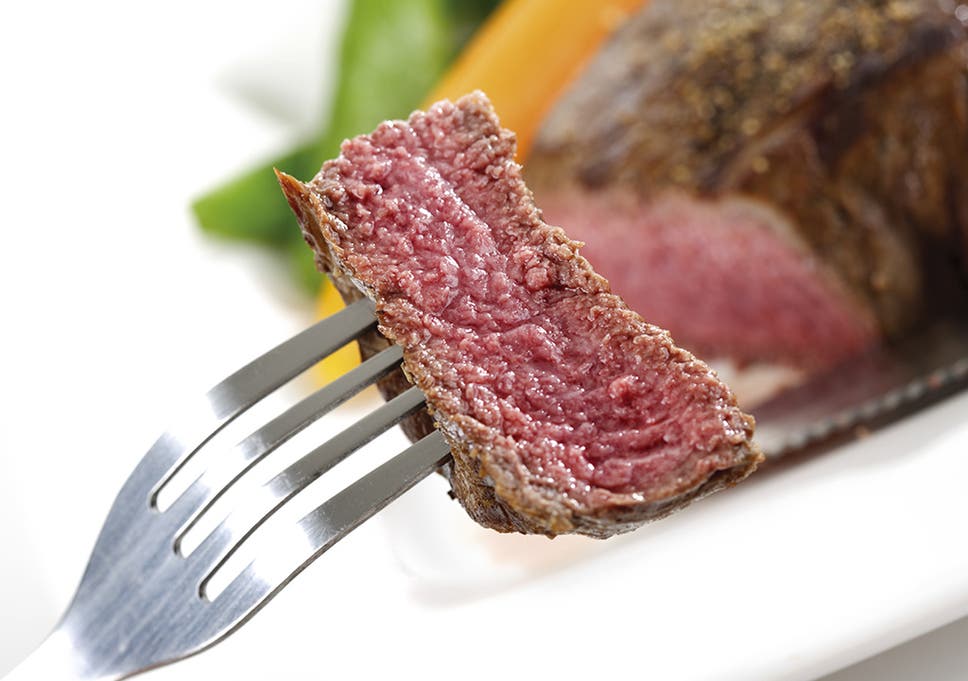
A group of researchers wanted to look into the long-term effects of one of society’s most popular diets, so they watched the eating habits of over 2,400 Finnish men for more than 20 years.
What they found was eating a high-protein diet isn’t entirely harmless as once thought. Foods rich in protein has been the center of controversy in recent years. Some think it’s a good idea to eat large amounts of protein — after all, it’s one of the building blocks of muscle development. Yet some studies say that too much of it isn’t so beneficial for one’s health, especially in the long term.
Protein Could Lead To Poor Heart Function
This new study, published by the American Heart Association in the Circulation: Heart Failure journal, belongs in the latter category: the researchers found that men who eat high-protein diets have a slightly increased risk of developing heart disease during middle age.
The participants varied in how much protein they ate. They were asked to fill out questionnaires about their diets over a four-day period in the beginning of the study, and then they were observed for 22 years. The researchers divided them into four groups, from lowest to highest protein intake, and correlated this with cardiac events, 334 of which occurred during the study. Ultimately, they looked at how protein affected heart risks.
The men who ate the most protein were 33 percent more likely to have heart failure than the men with the lowest protein intake. However, the type of protein factored into the study in interesting ways. Heart failure risk climbed to 43 percent for men who ate animal protein but rose to 48 percent for those who ate dairy protein and then dropped to 17 percent for those who ate plant protein. It’s important to note that for plant protein, the relationship wasn’t significant, meaning it could have been by chance.
Protein from fish and egg were not associated with increased risk of heart failure. That comes as no surprise — fish with omega fats are known to have heart health benefits, and a recent study claims that eating an egg per day may reduce risks of heart disease.
According to lead author Jyrki Virtanen, it’s important to know the possible risks and dangers of high-protein diets since their benefits are often taken for granted.
“Earlier studies had linked diets high in protein — especially from animal sources — with increased risks of Type 2 diabetes and even death,” he said.
Loose Ends
Even though the researchers found clear evidence that protein intake impacts heart health, the study still lacks clear answers to many questions. For example, it’s not yet certain how amino acids abundant in animal protein often lead to poor heart health. Also unanswered is why fermented foods such as cheese are worse for heart health than unfermented ones such as milk. These are blind spots future studies might be able to study further.
For now, the findings could play a crucial role in how countries, especially ones where protein intake is high, implement policies around health.
[“source=techtimes”]



